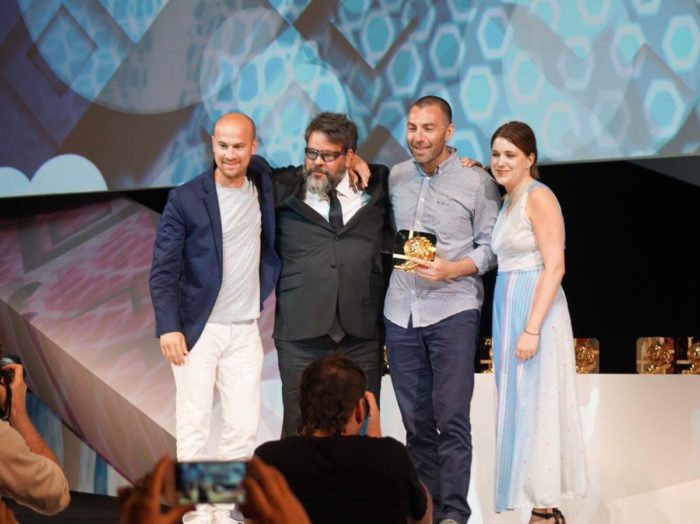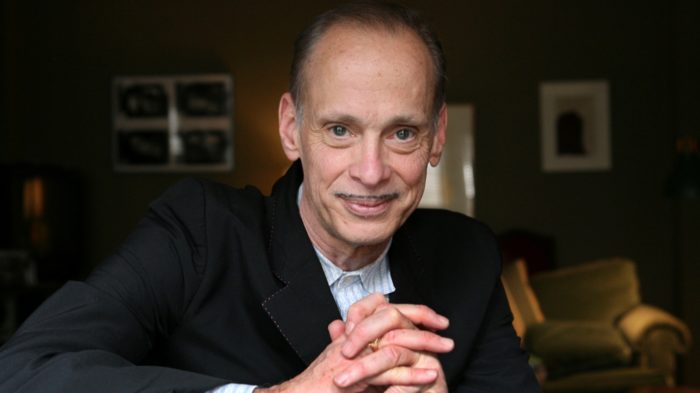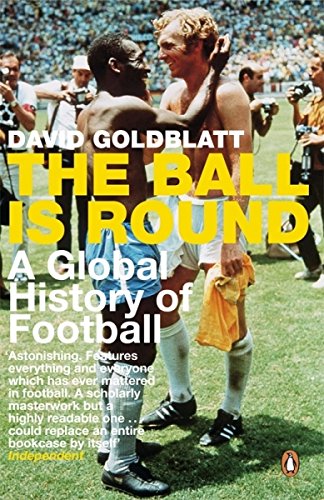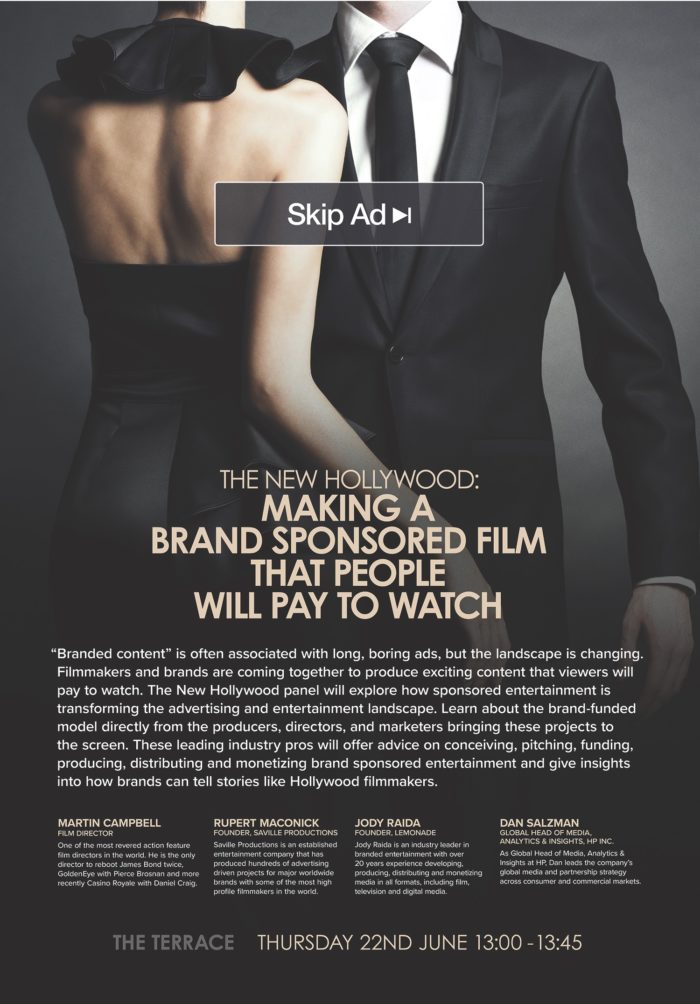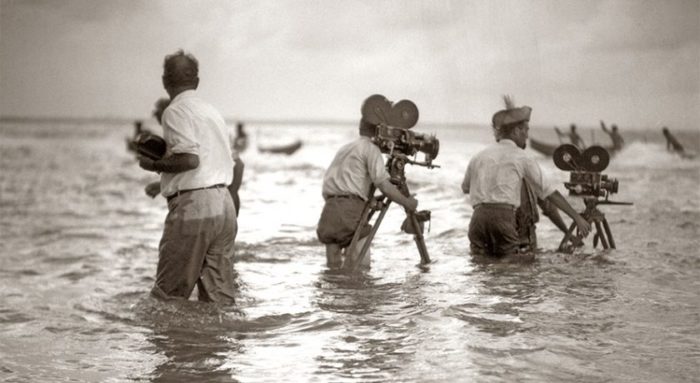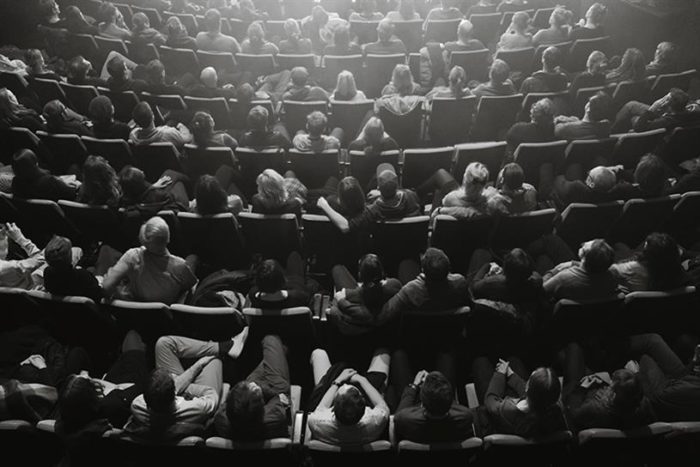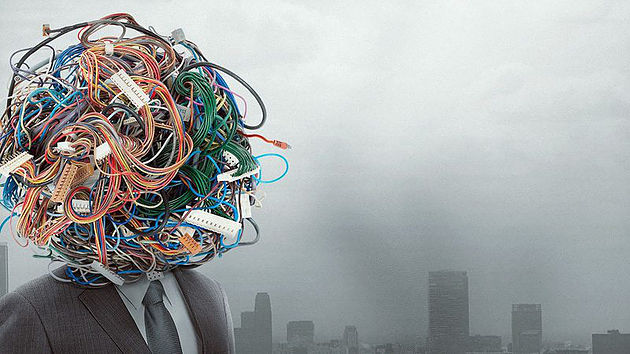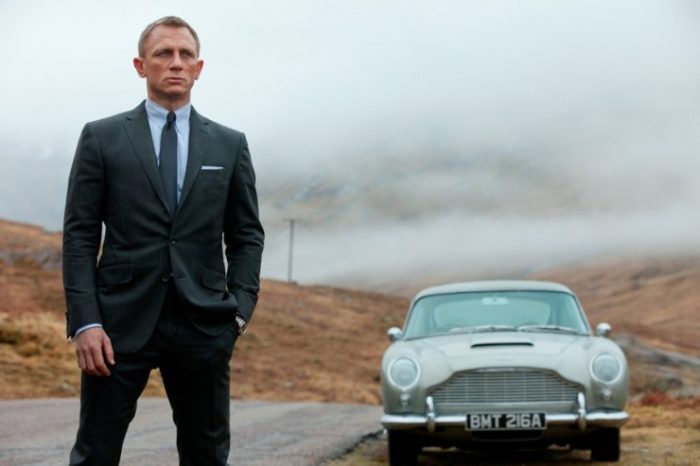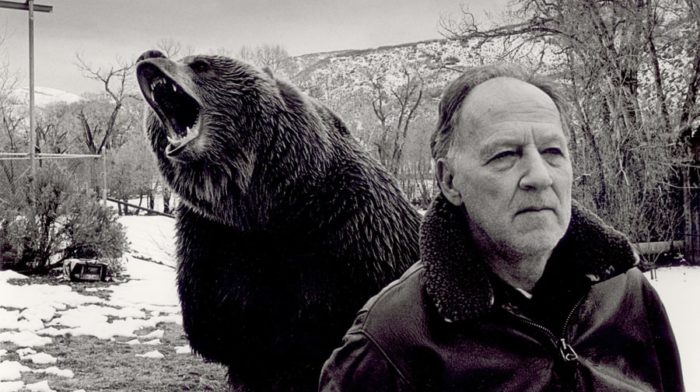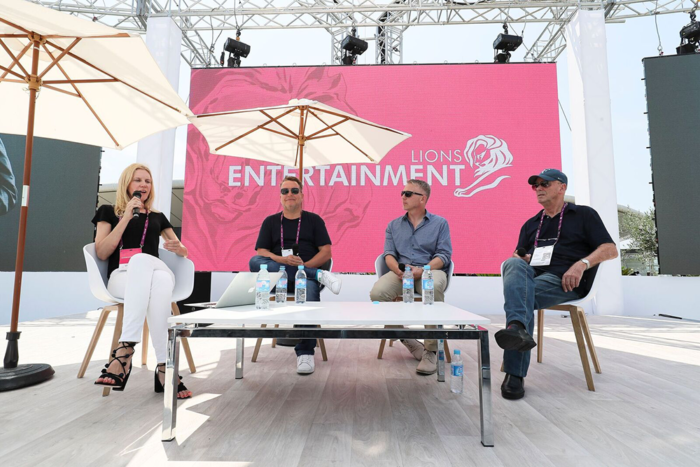
Rupert Maconick, Martin Campbell, Jody Raida and Dan Salzman offer advice on brand sponsored entertainment and give insight into how brands can tell stories like Hollywood filmmakers.
Rupert Maconick’s suggestion for brands to make their campaigns feel less like adverts was to hire a script writer and film director who do TV and film, then you’ll be increasing the chance people will watch. If it’s a documentary, he’d advised doing research with a proper documentary research team. The subjects will be free of charge and you won’t have to pay an ad agency.
Ultimately he explained that the processes of filming documentaries, TV and film are different to creating adverts – that’s the main difference. To balance the promo with editorial in either film or documentary, Maconick said the promo has to be authentic to the story ‘some of it’s pretty obvious’ he concluded.
Saville Productions recently produced ‘Lo and Behold’ with Werner Herzog as Director, which just won two Cannes Lions. The clients for this were brave, he said. His role in the collaboration was to answer the brief and find interesting stories (it’s a documentary). Werner had the final cut with this – ‘if you hire someone like this you have to let them run with it’ Maconick said. ‘But Werner listened and was opened to suggestions’. At the beginning they had no idea they’d get Elon Musk, a hacker or those addicted to the internet, and so on. There were 30 billion impressions in the year it was released.
Talking about distribution Maconick said: ‘The best way to get a distributor behind your content is to get them to pay a lot of money. So Magnolia paid for ‘Lo and Behold’. There was no media buy – and the distributor sent all their money to recoup the original advance they made.’
HP Inc, the technology company have created a digital series called The Wolf. The second series launched 1st June. Dan Salzman explained how HP is reinventing itself and as this is an emotional message they decided to create a story about IT security, as it impacts everyone. The message was that you can hack in to a network through a printer, a very difficult message to get across, yet they connected to customers in an emotional way. It was a spin off with Christian Slater from The Robot because it’s popular with their target audience, given the topic.
Continue reading on Cannes Lions.

